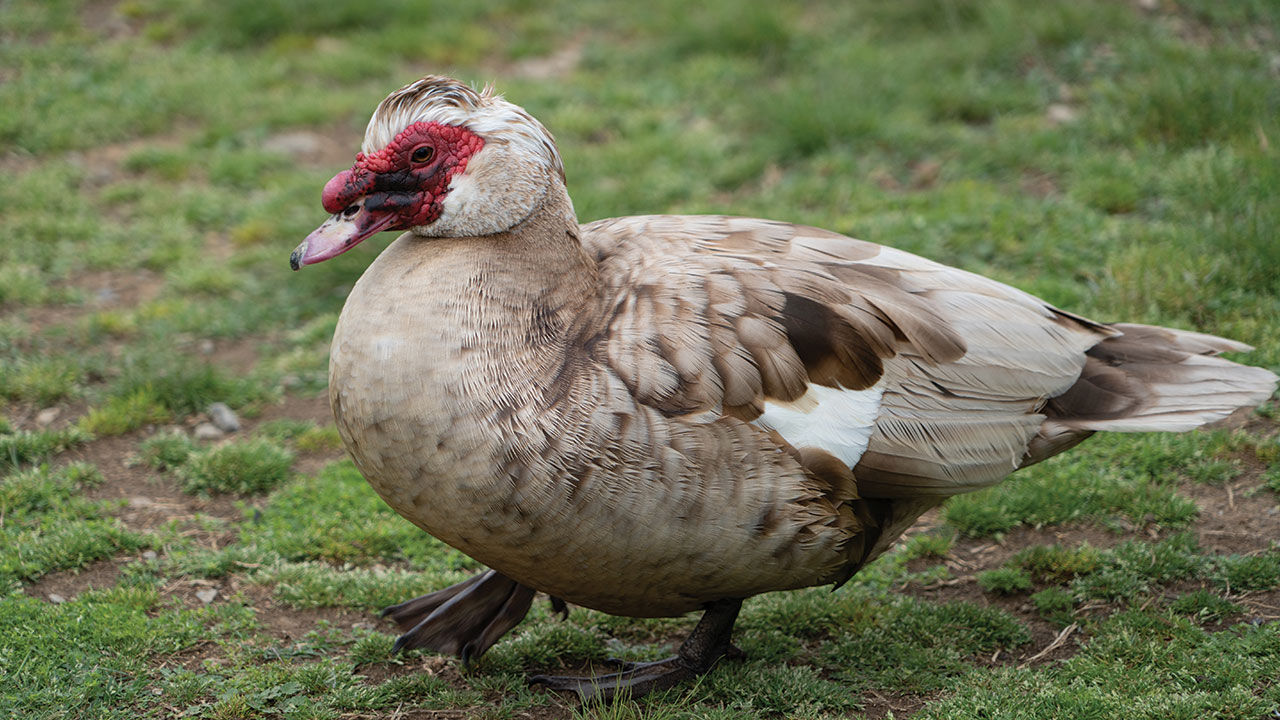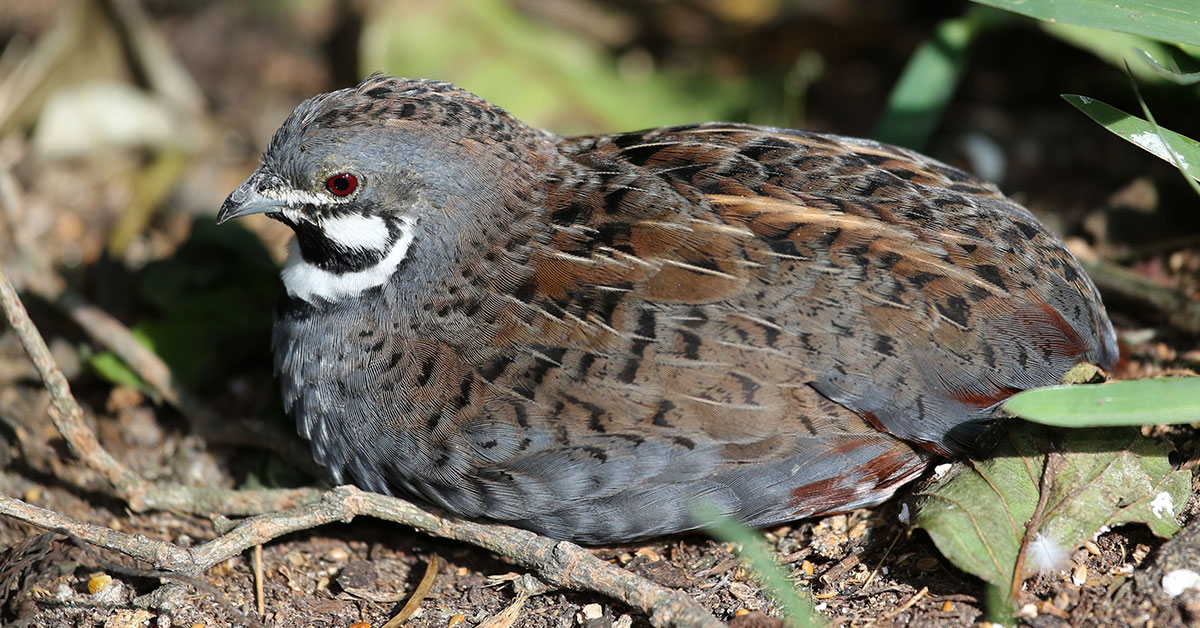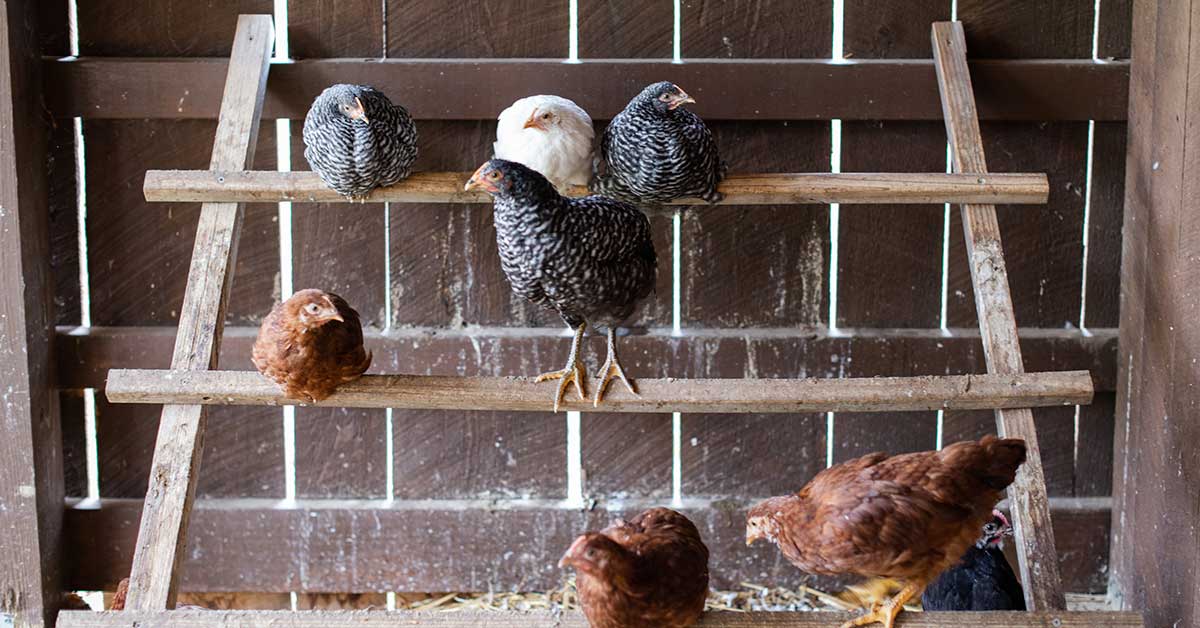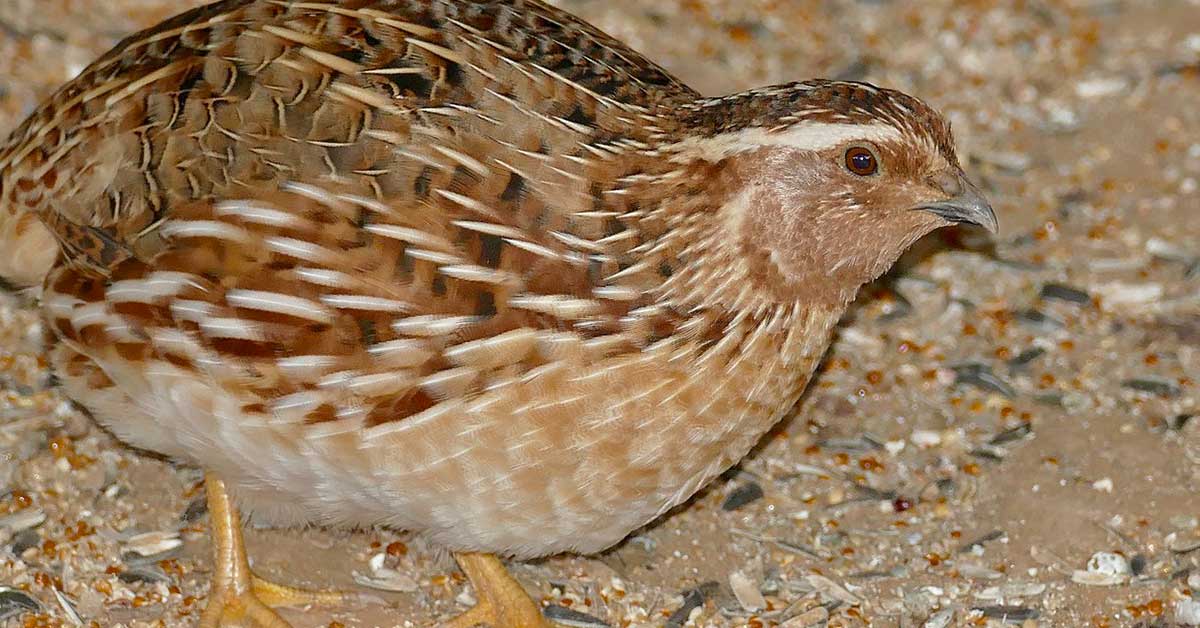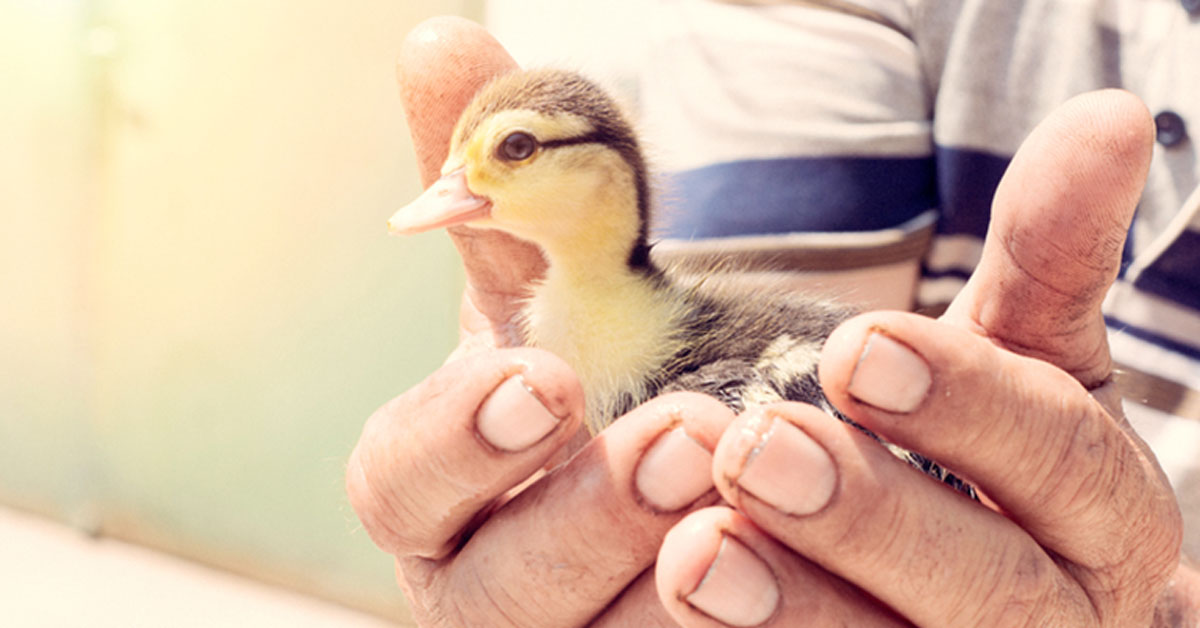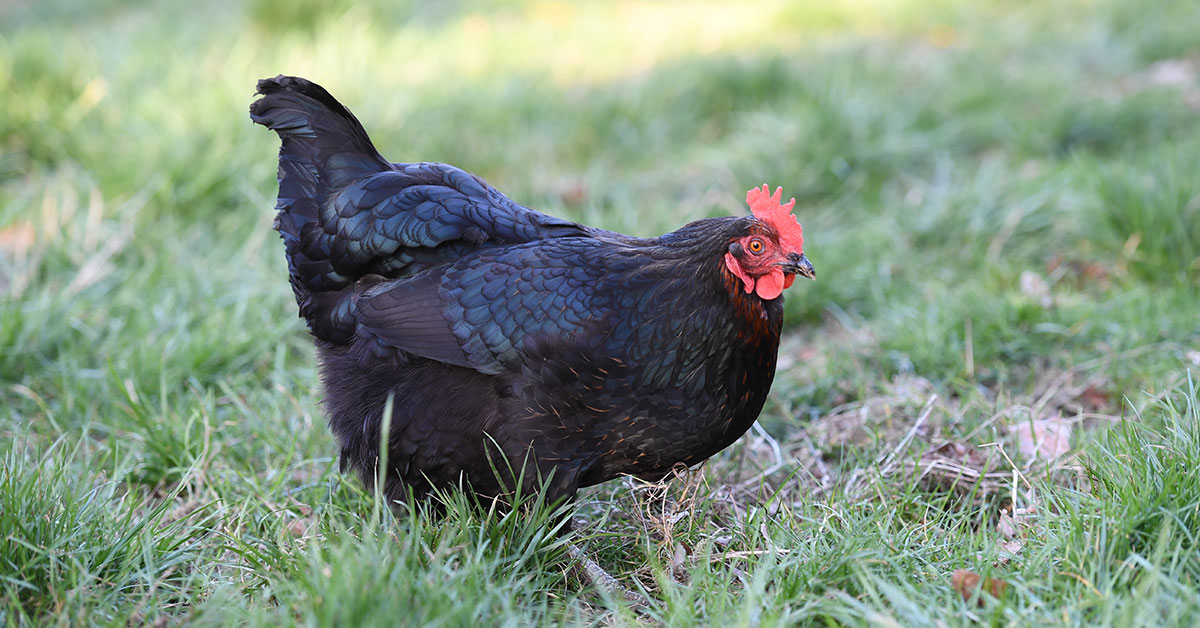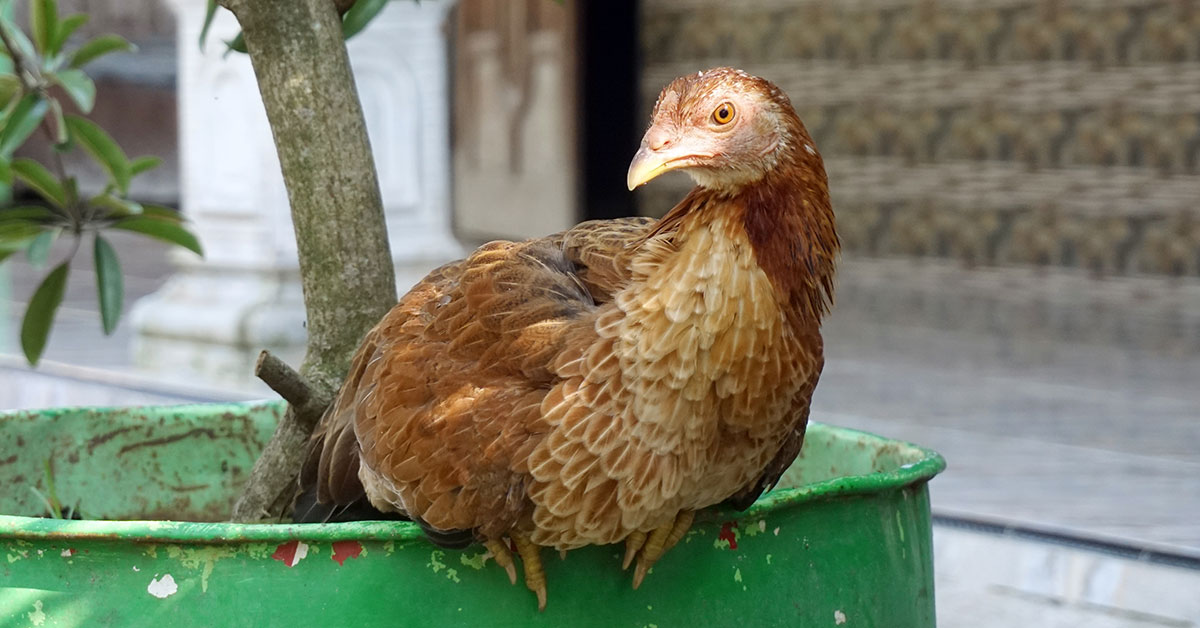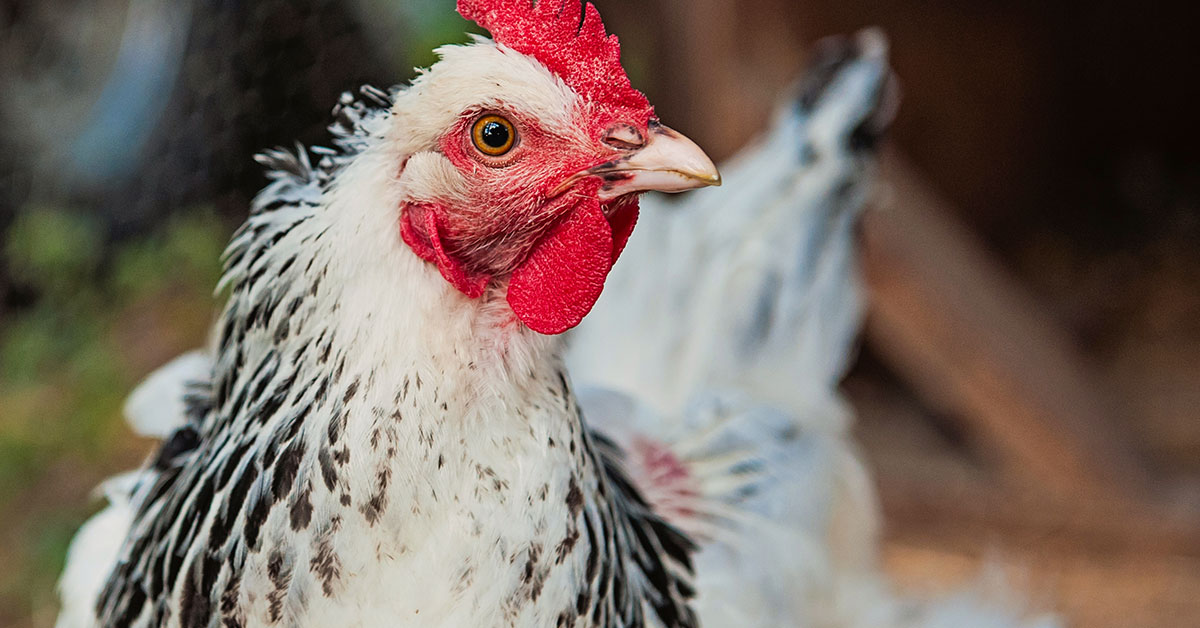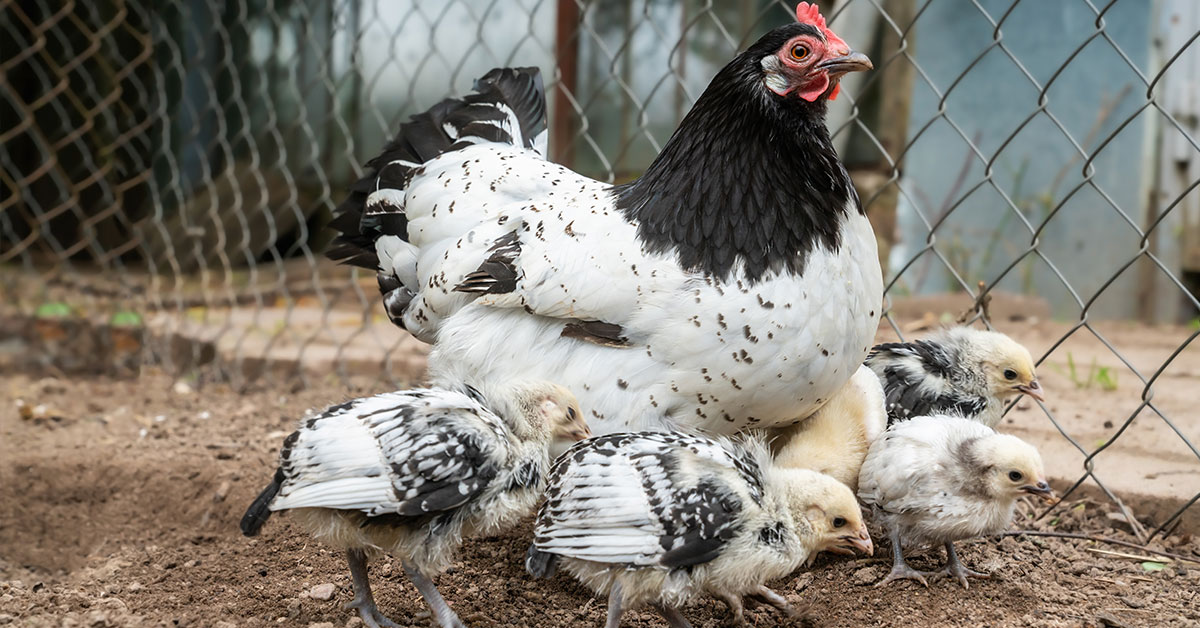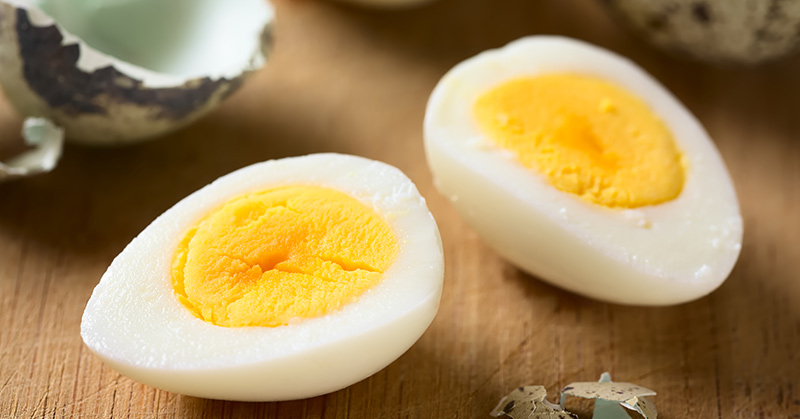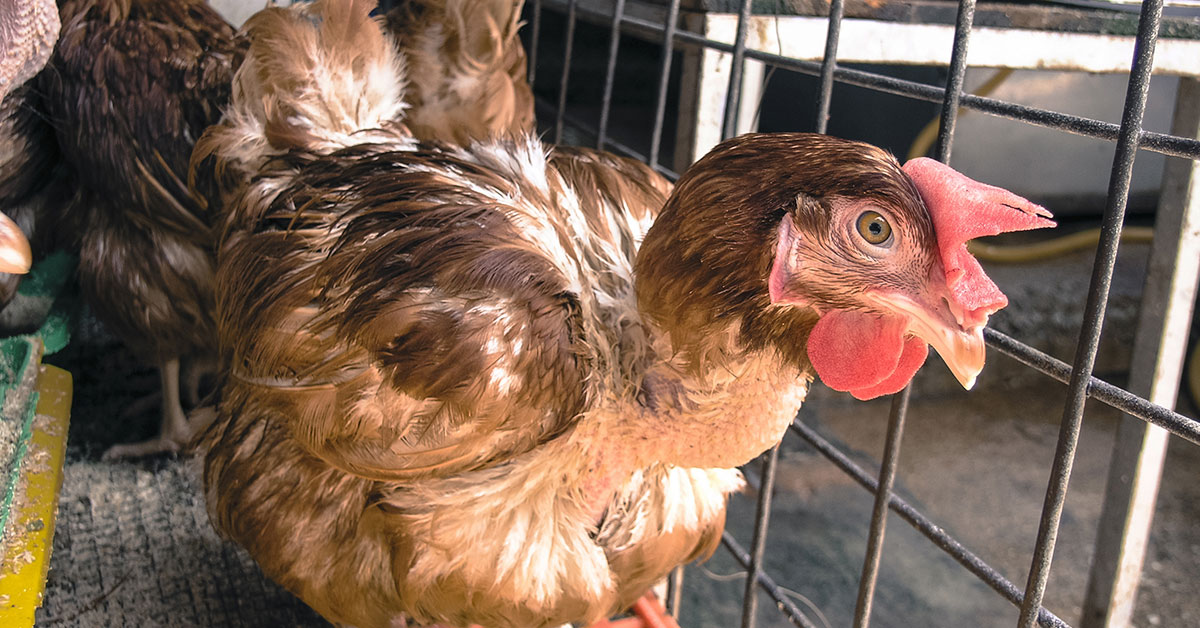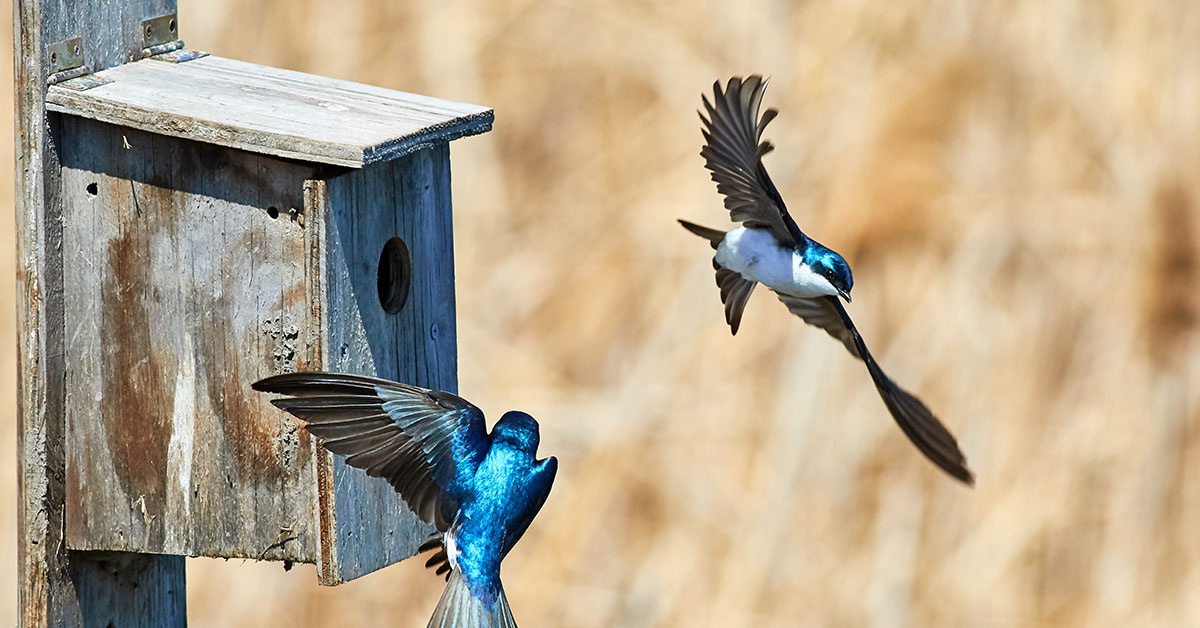I am fond of keeping Muscovy ducks on my little backyard farm. They come with tons of benefits, namely fresh eggs and free pest control. If you have a few Muscovy ducks in your yard, you’ll probably never see snails or slugs ever again. They do a pretty efficient job of taking care of business when it comes to pests. One thing I don’t love about some breeds of duck, like the khaki campbell or call duck, is the amount of noise they make. Muscovies are great because they are nearly silent!
If you’re just getting started and are in need of an incubator, I strongly recommend the Manna Pro Harris Farms Nurture Right Incubator. This is an incubator I personally use for hatching eggs. It has an automatic egg turner suitable for 22 duck eggs and a full 360-degree view, which is awesome when the eggs start to hatch. If you are looking to hatch more eggs than that, the Hatching Time Cabinet Incubator is pretty much unbeatable. You can incubate as many as 80 duck eggs in this incubator.
All about muscovy ducks
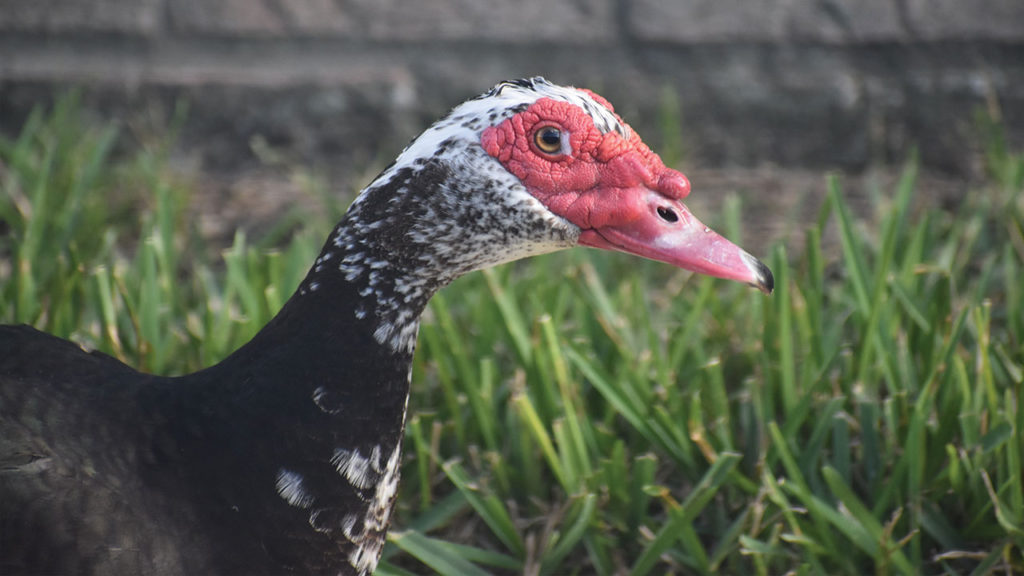
If you’re thinking about adding Muscovy ducks to your farm, I fully support that decision. These ducks have been great for my family – I never want to be without a few Muscovies. But to be certain they’re the right fit for you, let’s do a deep dive on this unusual duck.
- Scientific name: Cairina moschata
- Other names: Musky Duck, Barbary Duck
- Appearance: red caruncles around their eyes and above the beak, males have large, stout bodies
- Varieties: Blue, black, chocolate, lavender, white
- Origin: South America
- Temperament: Docile/Flighty
- Noise: Quiet
- Purpose: Dual purpose
- Maturity: 6 months
- Eggs per year: 190
- Egg color: White
- Egg size: Large
- Size: Large
- Duck weight: 6-8 lbs
- Drake weight: 10-15 lbs
- Broody: Yes
- Lifespan: Up to 20 years
- APA Recognized: Yes
What are Muscovy ducks?
Take one look at a Muscovy duck or drake and you’ll see that something’s a little off. They don’t look like any other duck you’d see on a farm or floating in a pond. This is because they are a completely different species from Anas platyrhynchos, the standard mallard. Mallards are the common ancestor of just about every breed of domesticated duck out there, which is why the Muscovy looks so different.
Muscovy ducks are native to the Americas with a wild range extending from Texas to Argentina. It is technically not a duck, despite it being called that. It looks more like a duck than a goose but behaves more like a goose than a duck. Another interesting quirk: they like to roost the way chickens do. Mallards do not roost.
These ducks are a decent, but not great egg-laying breed, laying around 190 creamy, white eggs per year. Many keep them for their meat, which many say is dark and almost venison-like.
What do Muscovy ducks eat?
Muscovy ducks can be fed a standard feed made for ducks, their nutritional needs are approximately the same. If you let them forage and free range, they will eat grass, various weeds, insects, worms, slugs, and snails. I have also seen my Muscovies chase down and eat small animals, like mice.
Muscovy duck lifespan
Cairina moschata has a surprisingly long lifespan and is capable of living up to 20 years when kept in captivity. Most other ducks don’t live as long, with an average of about 10-15 years. Wild Muscovy ducks tend not to live as long as those kept in captivity.
Appearance
Male (drakes) and female (ducks) Muscovy ducks have some stark differences in appearance that make them easily identified. Below are images and descriptions of these ducks.
Male
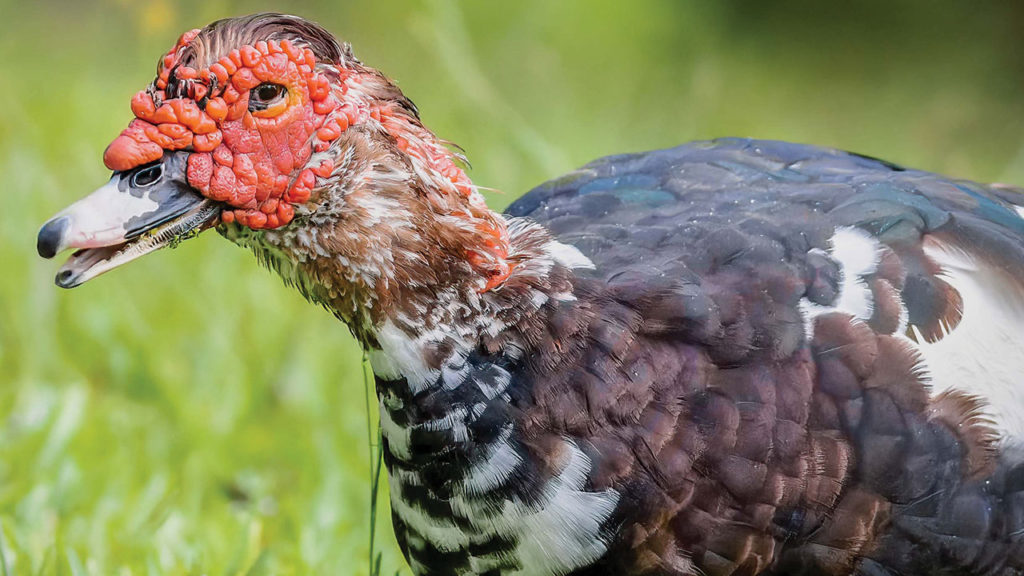
The male Muscovy duck is a large-bodied duck, weighing 10-15 pounds. Drakes are significantly larger than females. Around their eyes and bills, they have bright red caruncles that resemble large, red warts. Male Muscovy ducks do not have the same “drake feather” that other male duck species have. Drakes have a set of mohawk-like feathers on the tops of their heads that they raise and lower when eyeing something intently.
Female
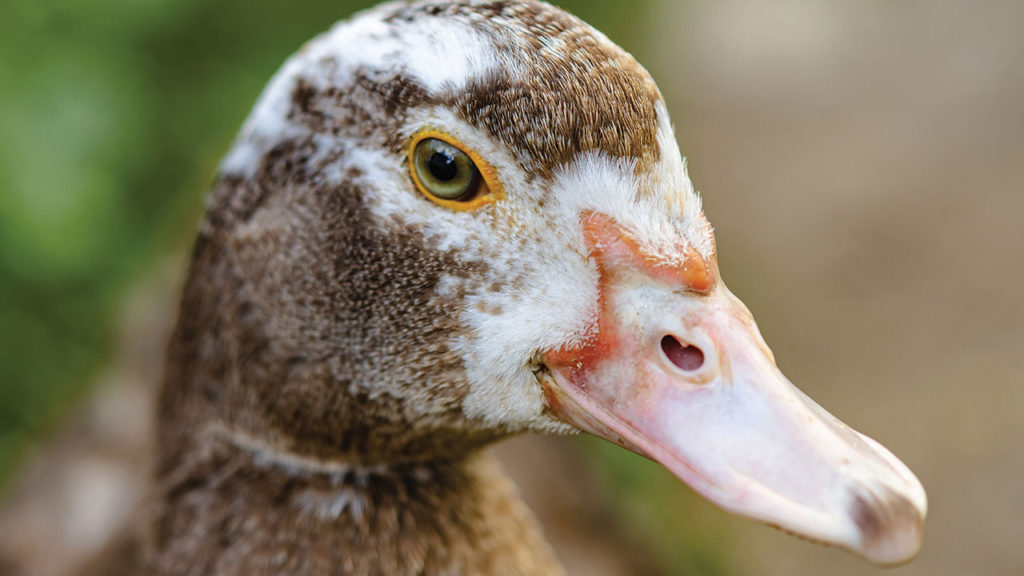
Female Muscovy ducks, who are sex identifiable as “ducks” are much smaller than the males, weighing 6-8 pounds. They do sometimes grow caruncles around their eyes and bills like the males, but not always, and when they do, they tend to be much smaller and less pronounced.
Ducklings
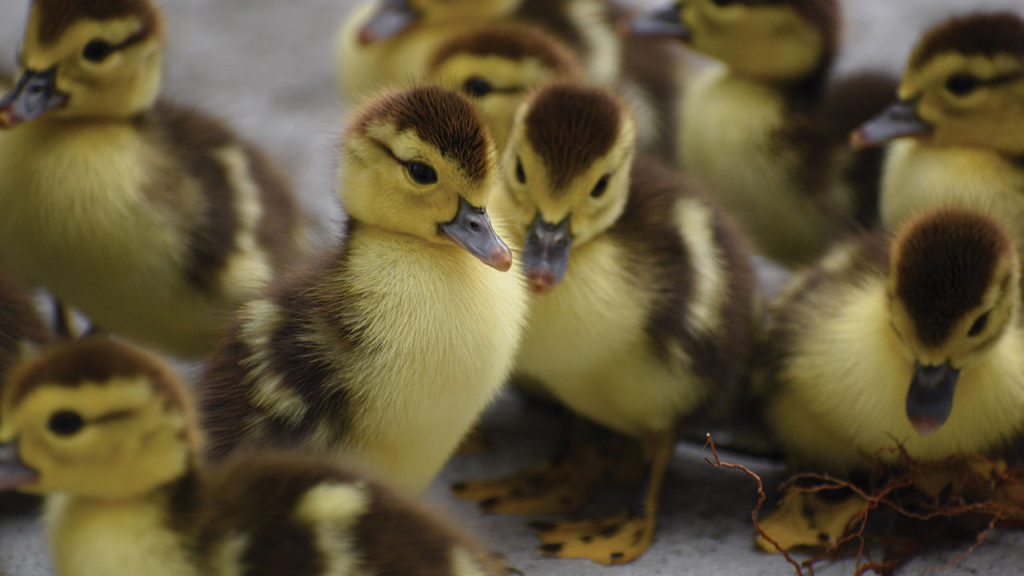
Muscovy ducklings have the appearance of a standard duckling of any variety. They have small bodies with brown on the wings and backs and yellow to tan down on their stomachs and faces, with a brown stripe radiating from the back of the eye.
Can Muscovy ducks fly?
In short: yes, Muscovy ducks are capable fliers, especially the females. I have had, on one occasion, a Muscovy duck simply fly away and never return. I’ve never seen the males try to fly, though, as their bodies are too heavy. It is best to keep your Muscovy ducks’ wing feathers clipped to prevent them from flying.
Hatching Muscovy duck eggs
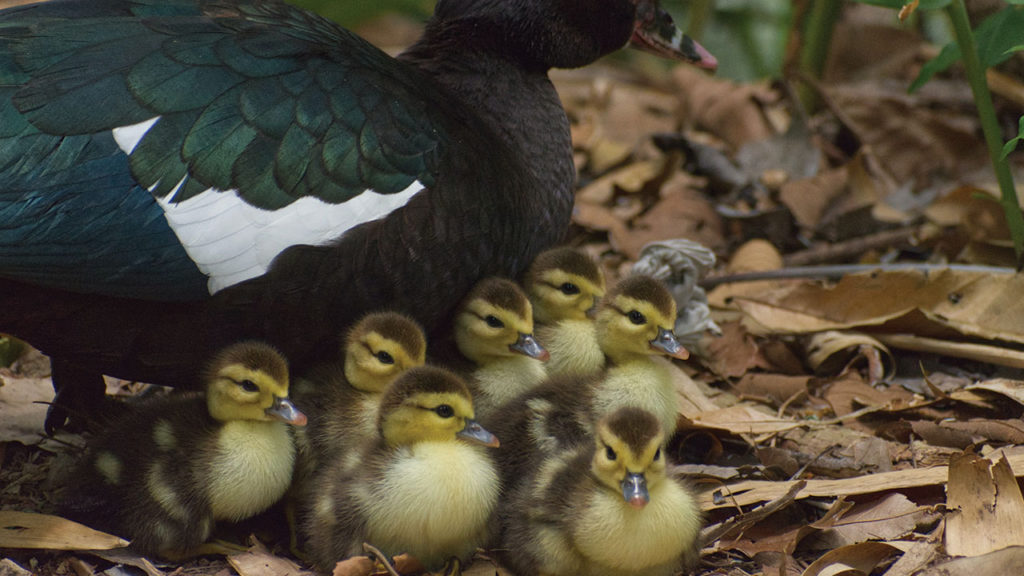
Incubating muscovy duck eggs is an exercise in extreme patience. Most breeds of duck will hatch after about 28 days, but the Muscovy duck can take up to 37 days. Your eggs will need to be consistently incubated at 37.5°C (99.5°F) up until 4 days before hatching. During the final 4 days of incubation, the temperature is reduced slightly and the humidity is increased. You also stop turning the eggs at this point. Some quick facts:
- Incubation time: 33-37 days
- Incubator temperature: 37.5°C (99.5°F)
- Incubator humidity: 55% or 84.5°F if you use a wet bulb thermometer
- Egg turning: 4 times a day
- Candling eggs: Day 7
- Lockdown Date: Day 30
- Lockdown temperature: 37.2°C (99°F)
- Lockdown humidity: 65% or 88°F if you use a wet bulb thermometer
Read our comprehensive guide on incubating Muscovy duck eggs.
